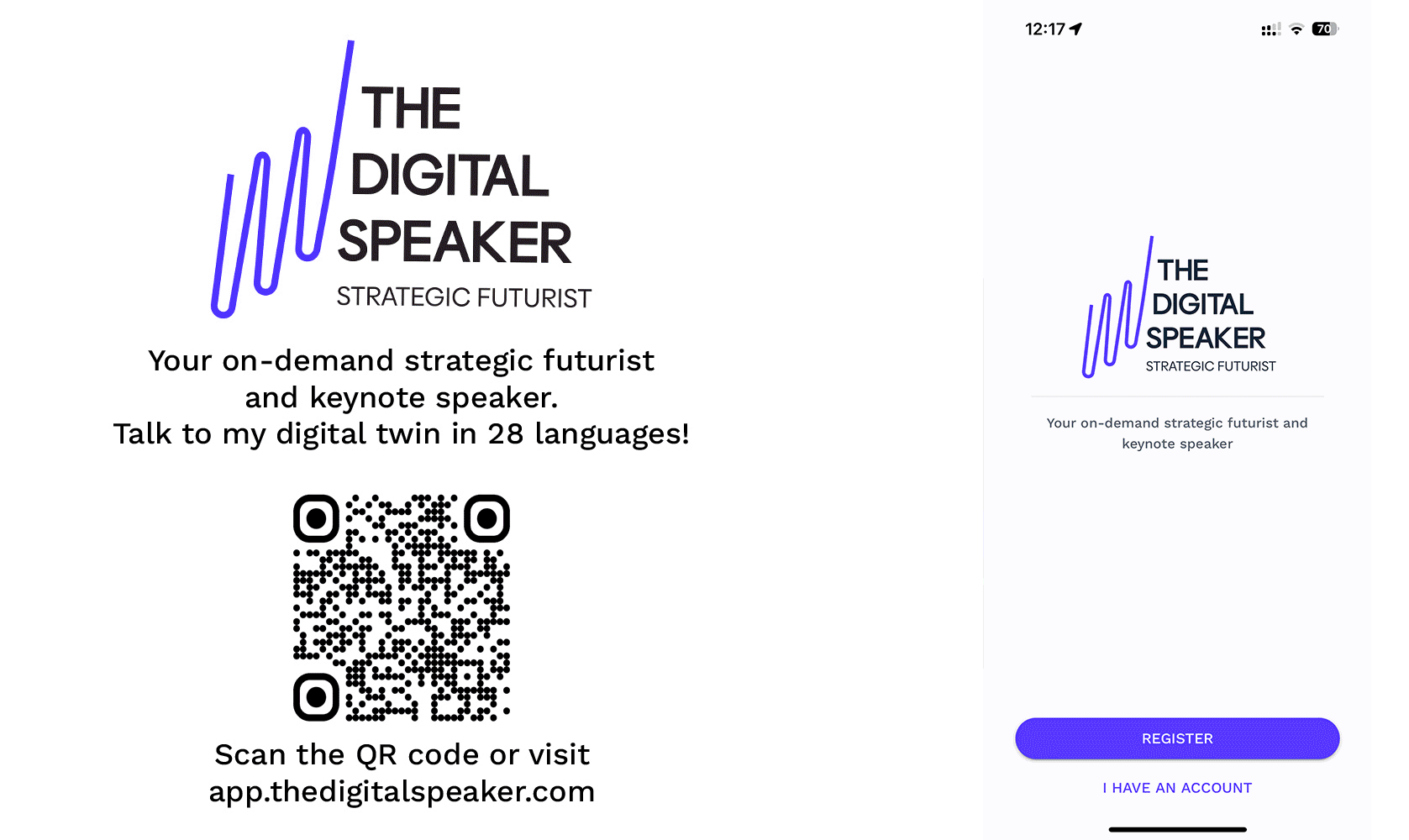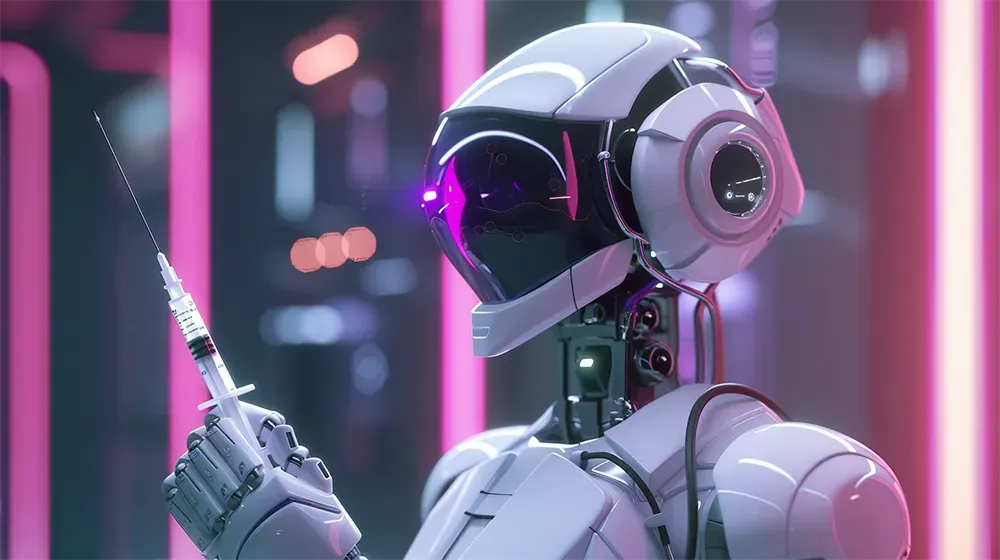Boston Dynamics' New Atlas May Just Be Too Humanoid for Comfort

Boston Dynamics, a pioneer in robotics, has once again pushed the boundaries of technology with its latest innovation, the all-electric Atlas robot. Departing dramatically from its hydraulic predecessor, this new version boasts a sleeker, more efficient design characterized by its all-electric construction and consumer-friendly aesthetic enhancements such as status lights and user interface elements. However, it’s the robot's capabilities that truly highlight a significant leap in robotics.
The new Atlas sheds the bulky and restrictive hydraulic system for advanced electric joints that allow for full 360-degree rotation. This enhancement removes the physical constraints imposed by the old model's tangle of hydraulic lines and introduces an eerie level of fluidity in movement that is distinctly inhuman. The robot can now undertake complex contortions and rotations that were previously unthinkable, such as twisting its legs and torso independently in complete circles, enabling it to rise from the ground in a manner more akin to a scene from a sci-fi film than a lab demonstration.
These capabilities are not just for show; they have practical implications for tasks requiring a high degree of flexibility and precision. The new Atlas can perform deep squats and complete turns without shifting its base, attributes that could be incredibly beneficial in industrial settings where maneuverability and strength are paramount. Moreover, the redesign opens potential commercial avenues for Boston Dynamics, which has long focused on creating robots that can operate effectively in real-world environments. The next step would be integrating a multimodal LLM into Atlas, and things could get really strange very quickly.
This leap in robotic capabilities brings with it a host of ethical and social implications. The almost limitless range of motion and the humanoid form factor of the new Atlas might unsettle those who fear the implications of robots that can mimic human movements so closely. It challenges our perceptions of the roles robots should play in society and stirs debate about the potential for these machines to replace human roles in more personal or sensitive settings.
As Boston Dynamics paves the way for Atlas to move from research and development into potential market applications, it also ignites discussions about the future interactions between humans and robots. The company's integration of advanced AI and the potential for future enhancements only add layers to the ongoing debate over the balance between technological innovation and its societal impacts.
Read the full article on Boston Dynamics.
Image: Boston Dynamics (edited)
----
💡 If you enjoyed this content, be sure to download my new app for a unique experience beyond your traditional newsletter.
This is one of many short posts I share daily on my app, and you can have real-time insights, recommendations and conversations with my digital twin via text, audio or video in 28 languages! Go to my PWA at app.thedigitalspeaker.com and sign up to take our connection to the next level! 🚀






